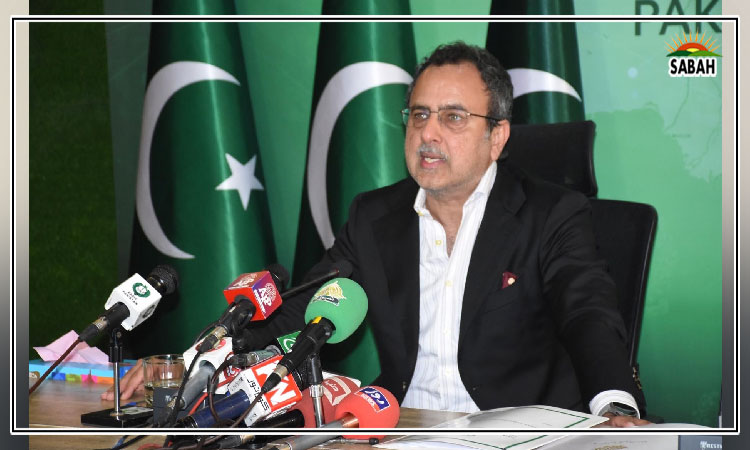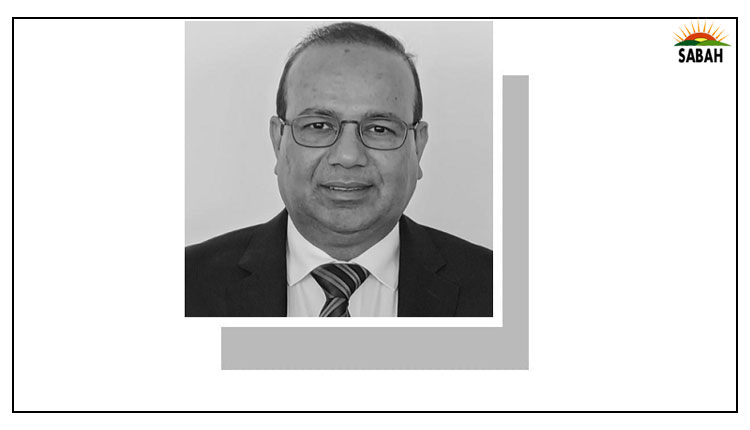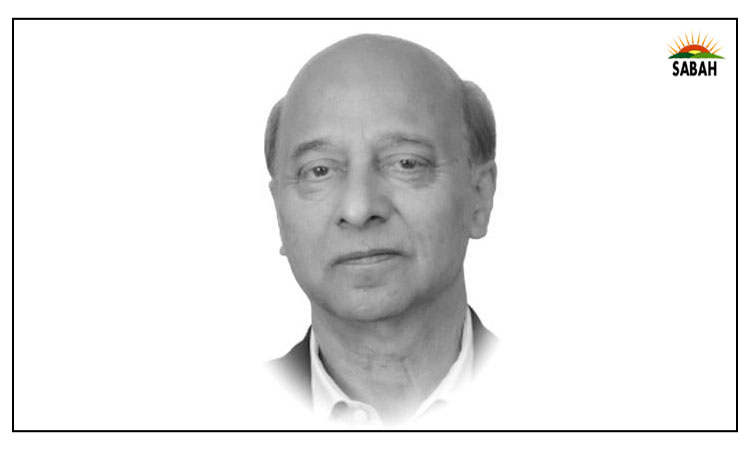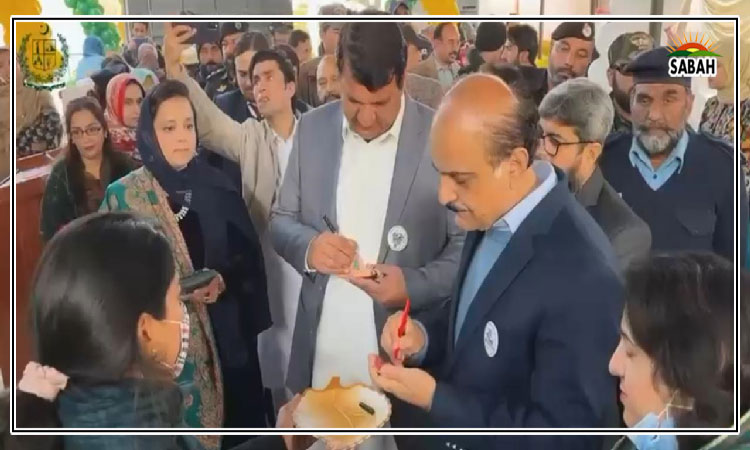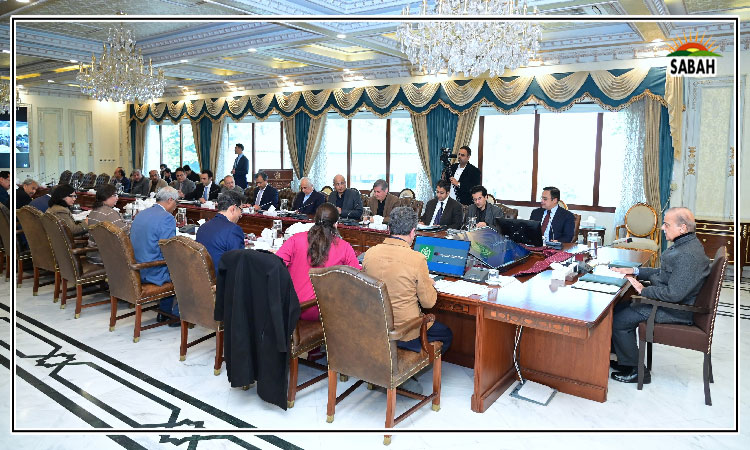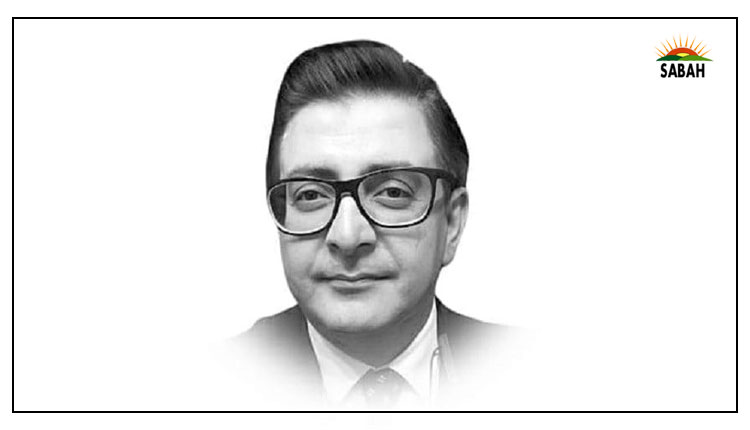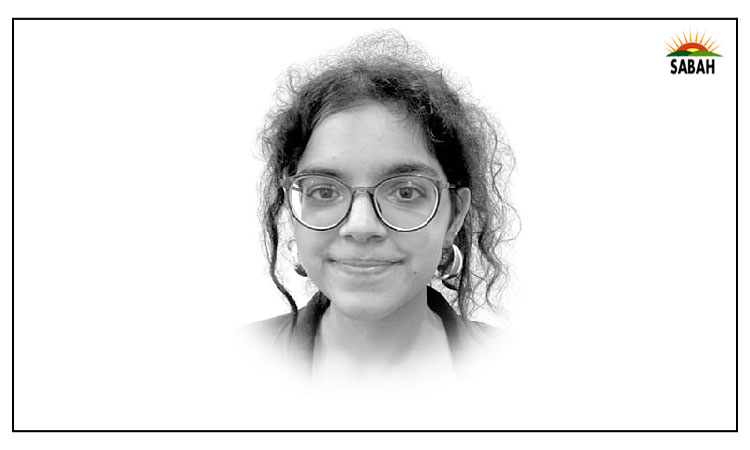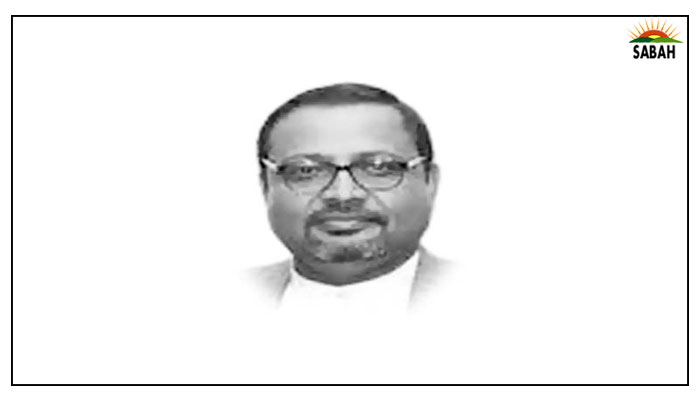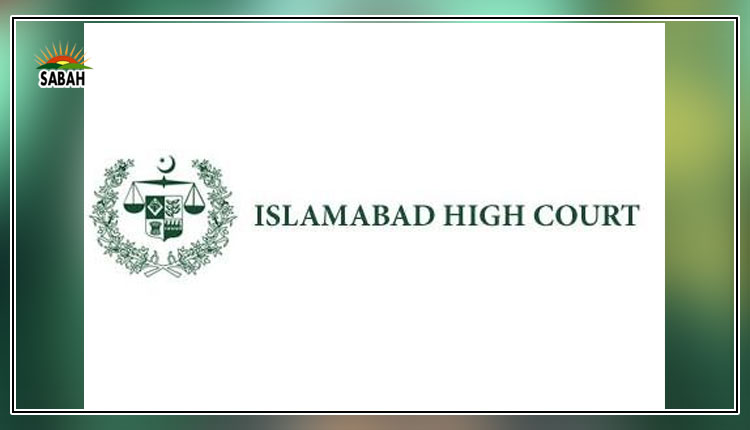IHC reserves decision on FIA’s plea to hold Chairman PTI’s cypher case bail hearing in-camera
ISLAMABAD, Oct 2, (SABAH): The Federal Investigation Agency (FIA) on Monday informed the Islamabad High Court (IHC) that an open hearing of Pakistan Tehreek-e-Insaf (PTI) Chairman Imran Khan’s bail plea in the cipher case could pose a “risk of deteriorating relations with other countries”.
The cipher case pertains to a diplomatic document which reportedly went missing from Imran Khan’s possession. The PTI alleges that it contained a threat from the United States to oust the party chairman from office.
Following the suspension of the PTI chairman’s three-year jail term in the Toshakhana case, it had emerged that he had been in judicial remand in the cipher case.
The post-arrest bail pleas of Imran Khan and PTI Vice Chairman Makhdoom Shah Mahmood Qureshi were rejected by the special court earlier this month, following which the ex-premier approached the IHC seeking the same.
On September 26, both leaders’ judicial remand was extended till October 10 and as per the IHC’s orders, the PTI chief was shifted to Rawalpindi’s Adiala Jail from the Attock district jail.
Last week, IHC Chief Justice Aamer Farooq passed an order declaring that Imran Khan’s bail application would be heard in an open court.
Meanwhile, the FIA submitted a challan (charge sheet) in the Special Court established under the Official Secrets Act, declaring Imran Khan and Shah Mahmood Qureshi principal accused in the cipher case.
A day ago, the FIA filed a petition in the IHC seeking in-camera proceedings of the PTI chief’s bail plea in the case. The police have also ramped up security in the vicinity of the Adiala jail by deploying elite commandos and setting up additional security pickets.
On Monday, IHC CJ Aamer Farooq took up the FIA’s plea. Barrister Salman Safdar appeared as Imran’s lawyer while special prosecutor Shah Khawar Advocate was present as the FIA’s counsel.
During the hearing, the prosecutor contended: “We also have to present statements regarding other countries before the court. By bringing such statements before an open court, there is a risk of deteriorating relations with other countries.”
Additional Attorney General (AAG) Munawar Iqbal Duggal also presented the code of conduct pertaining to diplomatic state documents before the IHC.
Meanwhile, Safdar pointed out that the FIA’s request, which was meant to prevent matters from being made public, contradicted its stance that the PTI chief had already “made the cipher public”.
Subsequently, the IHC reserved its verdict on the FIA’s plea seeking in-camera proceedings of Imran’s bail plea.
At the outset of the hearing, the special prosecutor began presenting his arguments before the court.
When Justice Farooq enquired Imran’s lawyer if he had seen the FIA’s plea, the latter replied that he would like to make a few requests before the court. To this, the judge said to let the prosecution present their arguments first as they have filed the plea.
Noting that the trial case was “separate”, Justice Farooq asked the prosecutor, “Can the bail plea be also heard in-camera?”
To this, Khawar replied that as per the Official Secrets Act, the trial could not be made public. He informed the court that the FIA would also file a plea in the trial court by Monday.
“We have to present some important documents and statements before the court during the bail plea hearing. We also have to bring a few countries’ statements on the record,” he told the court.
The prosecutor claimed, “If this proceeding is made public, relations with a few countries can be affected. The bail plea can also be heard in-camera. Some statements and content are such that they cannot be stated in public.
“We also have to present statements regarding other countries before the court. By bringing such statements before an open court, there is a risk of deteriorating relations with other countries,” he added.
At this, Justice Farooq noted that the court’s verdict on the bail plea would be public regardless and asked, “If the verdict will be public, why should the hearing be held in camera?”
When the prosecutor stated that the cipher was a “secret document”, the judge asked him to explain the code of conduct pertaining to a cipher and who decodes it.
At this point during the hearing, AAG Dogal appeared before the court and apprised the court of the cipher’s code of conduct.
“Coded ciphers are sent from Pakistan’s embassies abroad. The cipher is decoded by the Foreign Office,” he said. Justice Farooq then asked, “Are all these codes universal?”
To this, Duggal answered: “ A copy of the cipher is sent to the president, prime minister, the army chief and the ISI DG (Inter-Services Intelligence director general). The cipher has to come back to the Foreign Office after [circulating] from all places.
“Upon reaching the Foreign Office, the decoded cipher is destroyed. Only the original cipher remains with the Foreign Office,’ the AAG added.
At this point during the hearing, Imran’s lawyer began presenting his arguments before the court.
Safdar recalled that the FIA stated in a previous hearing that it wanted to file an application and in response, he had agreed to the court ordering whomever it deemed necessary to exit the courtroom.
Here, Justice Farooq remarked, “I have not held an in-camera hearing in the past nine years. Perhaps once or twice in a case pertaining to missing persons.”
The PTI lawyer then lamented that the FIA did not file the plea when he presented the arguments before the trial court. “Now, they are filing an application at this stage,” he said.
Noting that the “public knows what the case is” and that the trial court has distributed the copies of the challan it had received in the case, Safdar contended, “Now, the trial court is the best platform for this application.”
He highlighted that the case against Imran was registered on charges of making details of the cipher public. “The prosecution’s request regarding in-camera proceedings contradicts the case,” the PTI lawyer said, adding that the government prosecution had given him an “outstanding argument” today.
“The FIA plea says an in-camera hearing should be held to prevent anything from becoming public,” Safdar stated. “But if the cipher has already been made public, what is the prosecution trying to hide now?”
Here, Justice Farooq hinted at showing the court proceedings live to which Safdar said he had come to the court today prepared for an open court hearing.
The PTI lawyer also argued that in instances of sensitive matters, an “in-chamber hearing” could be held but reiterated that an application for in-camera proceedings could only be filed in the trial court.
After listening to the arguments, the CJP said: “The proceeding will definitely be streamed live, we have placed the matter before the full court.”
He noted that the court had to decide if an open hearing or in-camera proceedings would be held and announce a date to rehear the case.
The PTI chief’s lawyer, Salman Safdar, opposed the FIA’s plea for an in-camera hearing.
The IHC CJ said during his nine years [as a justice] he had not heard any case in-camera except one or two in-camera hearings on missing persons case. Safdar contended that the FIA never moved such a plea when they argued the case in the trial court.
He said if there was any sensitive information in the case, it could be discussed in the chamber or it could be given in writing by the prosecution. The PTI chief’s lawyer said they were expecting live coverage of the case.
At this point, the IHC CJ informed the lawyer that a committee was tasked to prepare guidelines for live streaming of court proceedings.
Intervening, in the meanwhile, AAG Duggal said there was concern that sensitive information would be made public if the case was heard in an open court. The IHC then reserved the verdict as CJ Farooq stated that they would announce a new date for the hearing.


